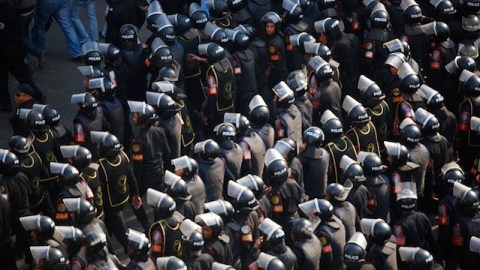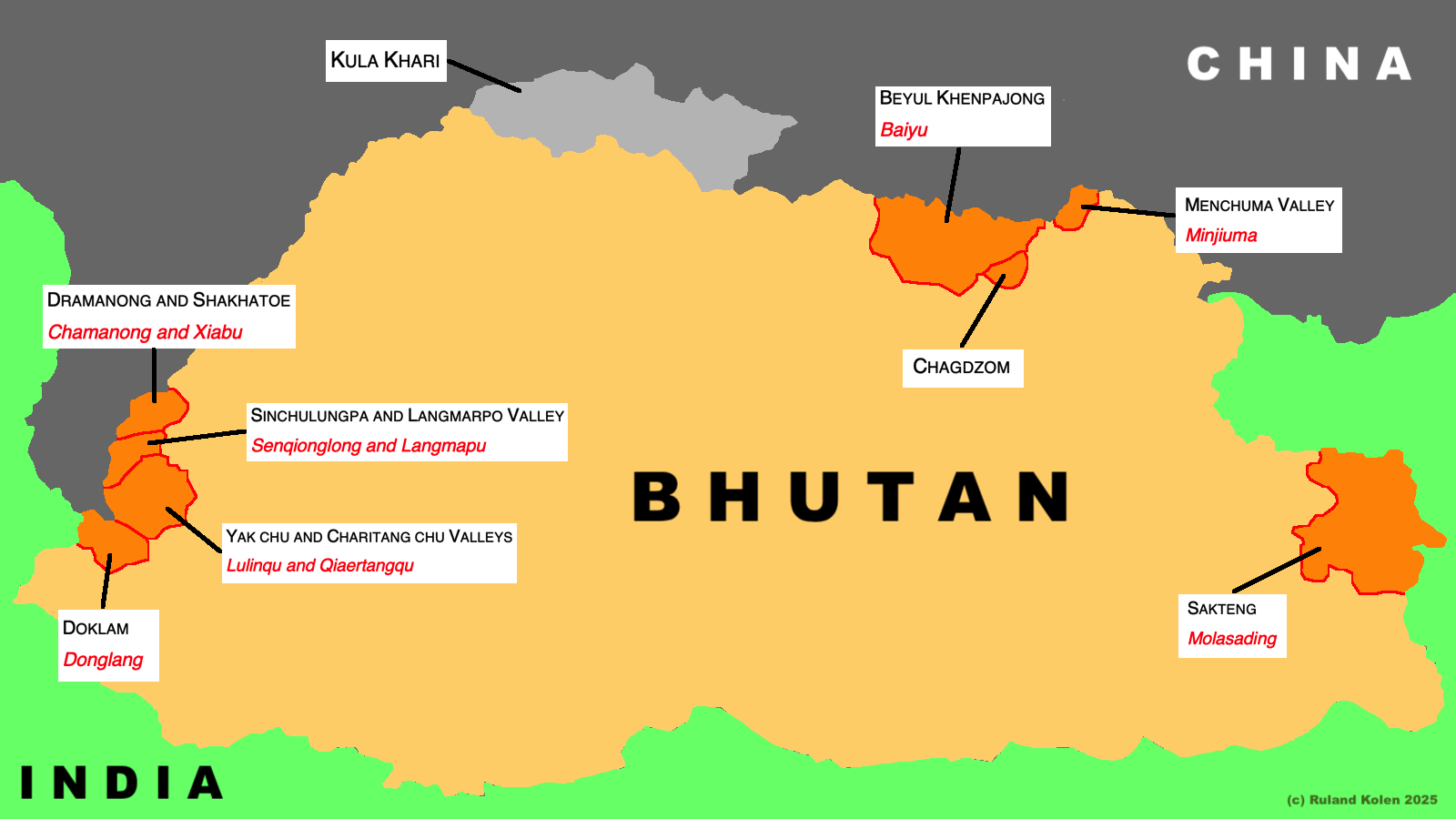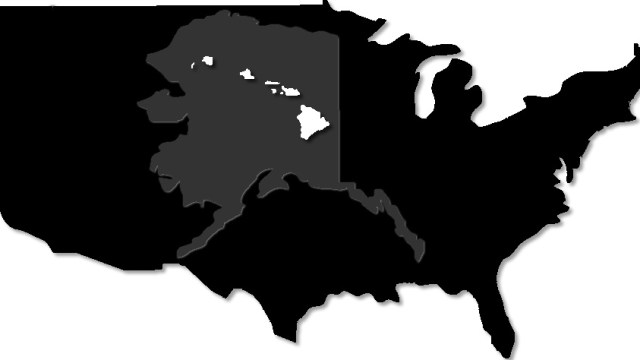Democracy Double Standards

After a series of protests against Tunisia’s repressive regime—sparked by high unemployment and rising food prices—forced its longtime leader Zine el-Abidine Ben Ali to flee the country, President Obama declared in the State of the Union that “the United States stands with the people of Tunisia, and supports the democratic aspirations of all people.” Left unsaid—but apparent from its omission—was that the United States does not stand with the people of Egypt who were inspired by Tunisia’s example to take to the streets to air similar grievances.
When Secretary of State Hillary Clinton was asked about the situation in Egypt earlier that day, she said that the United States supports “the fundamental right of expression for all people,” but otherwise declined to take sides, saying only that “our assessment is that the Egyptian government is stable.” Now, with the Egyptian government placing opposition leaders under house arrest and tanks rolling through the streets of Cairo, the White House acknowledgesthat the grievances of the Egyptian people are “legitimate” and that it is “monitoring a very fluid situation.”
The Obama administration’s caution is understandable. The U.S. wants to be on the side of the winners. And, as Shadi Hamid writes, from the perspective of American interests, the Tunisian government was expendable, but having an accommodating ally in Egypt is an invaluable asset to the U.S. There is no guarantee that popular uprisings like these will bring into power regimes we can get along with, much less transform these countries into stable democracies. As Allahpundit points out, while a liberal democracy seems possible in Tunisia, in Egypt “the Muslim Brotherhood has been a major opposition movement for decades, pushing democracy as a means to their end of installing an Islamist government, rescinding the country’s treaty with Israel, and unleashing whatever plans it has for the country’s huge Coptic Christian population.”
But this caution comes at a cost. As Marc Lynch says, more than just Egypt is at stake. With people in Yemen—read Big Think blogger Gregory Johnsen’s great coverage here— and now even Jordan taking to the streets to protest those countries’ regimes, the U.S has to decide what side it is on. We have supported these governments for a long time, and the world will not soon forget it if we stand on the sidelines now.
UPDATE: President Obama has made a statement in support of the protesters. And an administration official has also said that the $1.5 billion of foreign aid the sends annually to Egypt.
Photo credit: M. Soli





